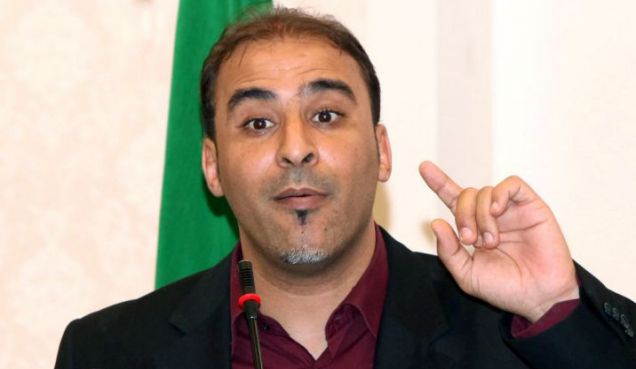The Presidential Pardon Committee announced on Saturday that another batch of pretrial detainees will be released shortly followed by other batches.
Member of the Committee Tarek Al-Khouly published the names of 33 people who will be released after completing the procedures for their exit from the competent authorities.
The Egyptian authorities have already released dozens of detainees in cases of opinion and expression through presidential amnesty in parallel with the National Dialogue’s sessions, which are being held under the auspices of President Abdel Fattah Al-Sisi.
On Friday, the Presidential Pardon Committee expressed its thanks and appreciation to the Egyptian Attorney General and the Ministry of Interior for their efforts to coordinate the release of the detainees.
The committee also thanked the president for his continuous support in releasing detainees.
The committee confirmed earlier that it will continue to release detainees that were not involved in violent crimes.
Al-Sisi called for a National Dialogue on 26 April to prepare for what he described as the “New Republic” and stressed that the dialogue “must include all political factions except for one,” referring to the terrorist-designated Muslim Brotherhood organisation.
In parallel with the National Dialogue, the Egyptian president reinstated the Presidential Pardon Committee and released dozens of detained politicians, journalists, and activists.
Article 52 of the Prisons Organisation Law 396 of 1956 permits “the conditional release of anyone who is finally sentenced to a freedom-restricting penalty if they spend half the sentence in prison and their behaviour while in prison calls for confidence in their self-correction, unless their release poses any danger.”
The Presidential Pardon Committee was initially formed in 2016 and reactivated by Al-Sisi in April 2022 to release prisoners and reintegrate them into society.
Over the past three months, many political prisoners have been pardoned. The committee received many requests after its reactivation regarding detainees, explaining that the committee’s role was expanded to the cases of defaulting on debts.


